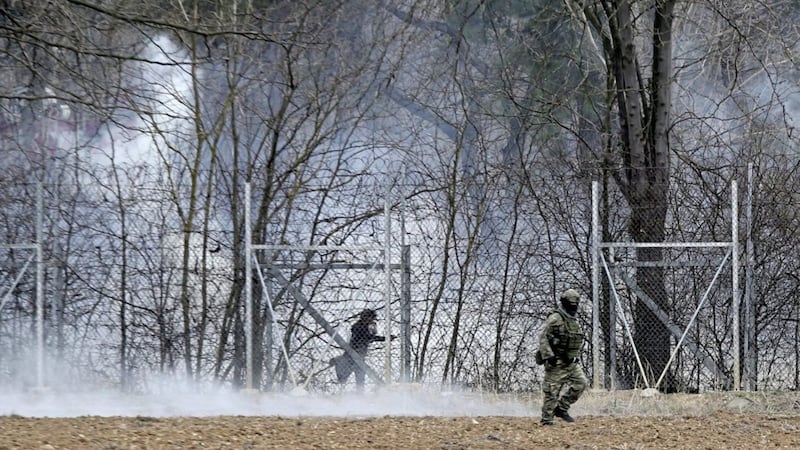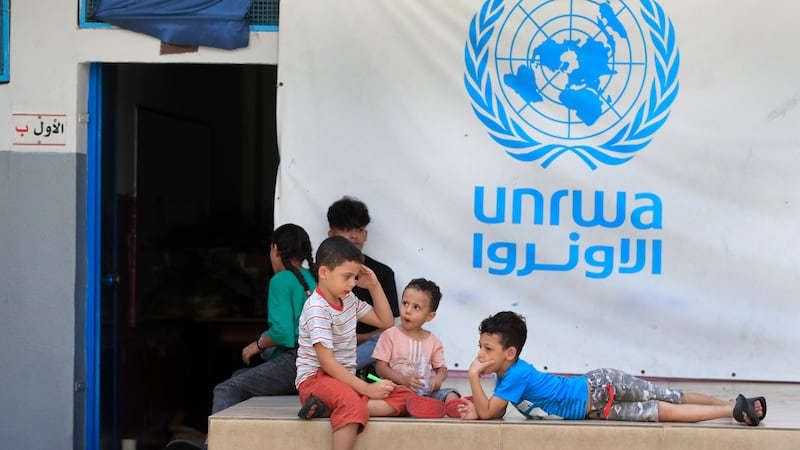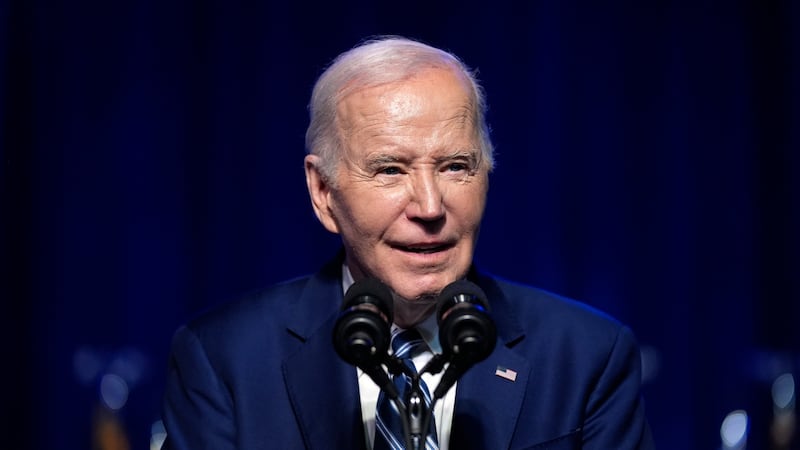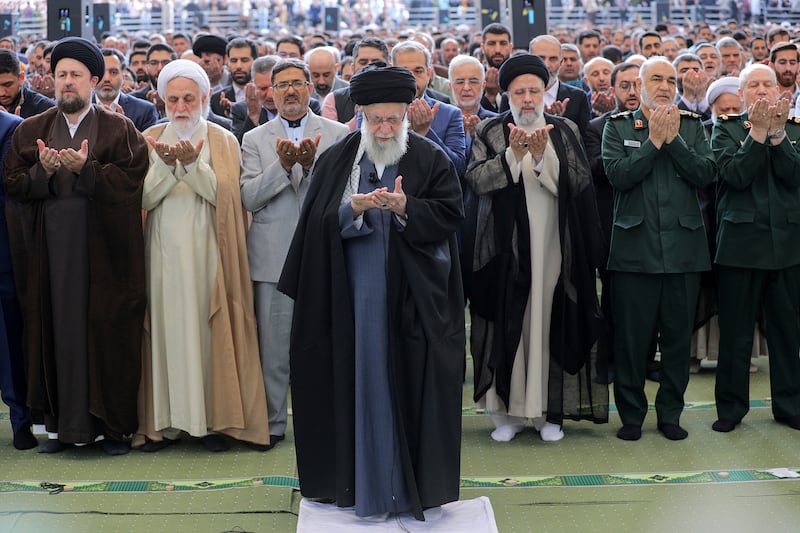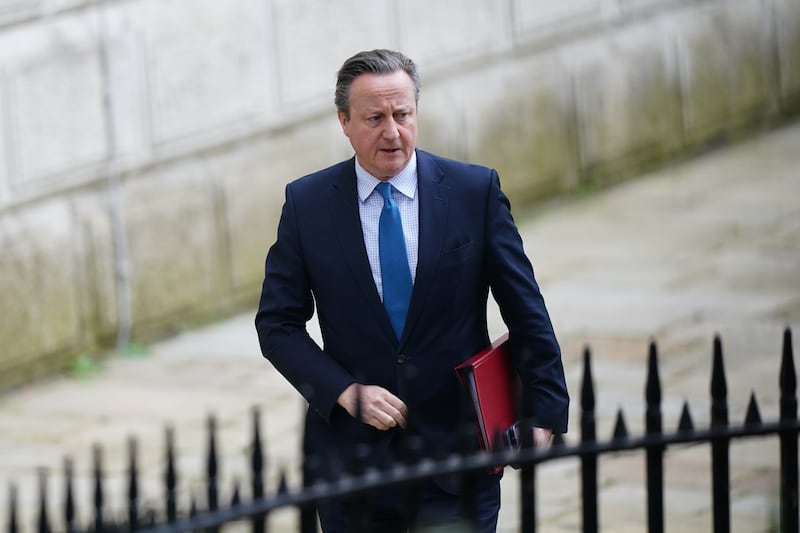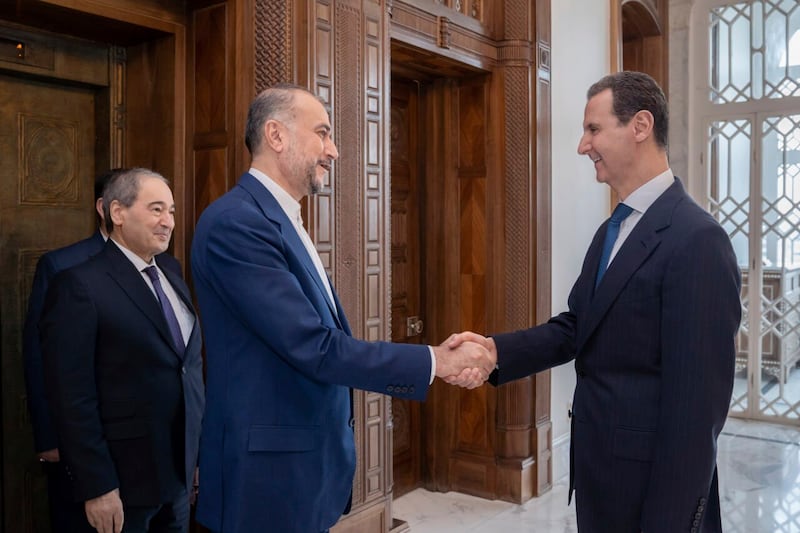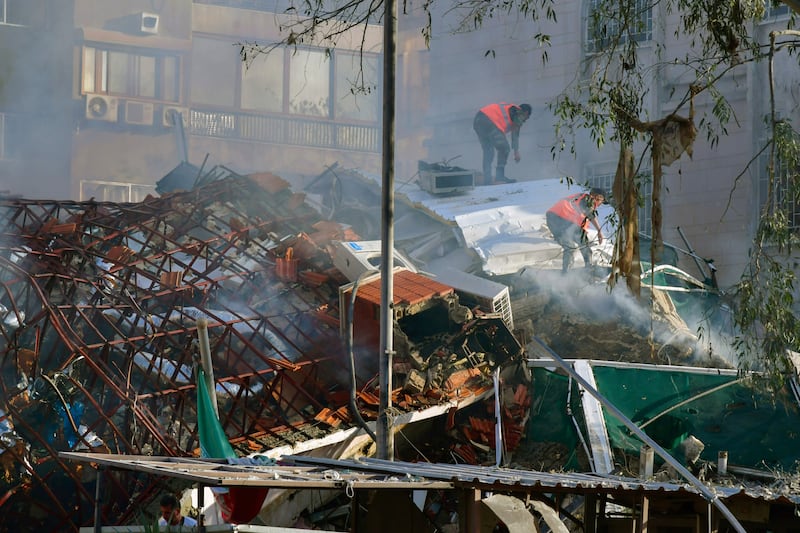Turkish and Russian troops began joint patrols on a key highway in northwestern Syria on Sunday, Turkey's defence ministry has said.
Patrols on the highway known as the M4, which runs east/west through Idlib province, are part of a ceasefire agreement signed earlier this month between Turkey and Russia.
The ceasefire ended an escalation in fighting that saw the Turkish military in rare direct conflict with Syrian government troops.
The vital highway, which runs through northern Syria from the Mediterranean to the Iraqi border, has been partially closed since 2012.
Work has been under way in recent days to restore it for use by traffic.
Some sections of the M4 remain under rebel control, unlike the north/south M5 highway, which Syrian forces completely recaptured in the latest offensive.
For the past three days, residents along rebel-held parts of the M4 have protested in rejection of Russian troops patrolling the road because of Moscow's strong support for Syrian government forces.
Both the Russian government and Syrian opposition activists have said the patrols were shortened because of protests.
Turkey's defence ministry said: "The first Turkish/Russian united land patrol was carried out on the M4 highway in Idlib with the involvement of land and air elements."
Russia's defence ministry said Turkey and Russia had carried out their first joint patrol mission along the M4 highway on Sunday, adding that "the patrols' route was shortened" after militants used women and children to block the way.
Ankara has been given additional time to ensure the safety of troops taking part in joint patrols, the Russian defence ministry added.
Syrian opposition activists said residents blocked the highway with burning tyres near the village of Nairab on the southern edge of Idlib in rejection of patrols by "Russian occupation forces".
The Britain-based Syrian Observatory for Human Rights, an opposition war monitor with activists on the ground in Syria, said the joint patrols were not successful as they moved a short distance west of the government-held town of Saraqeb before being stopped by the protests.
It added that jihadi groups have threatened to attack Russian forces on the highway.
Idlib is mostly controlled by al Qaida-linked militants.
Ankara backs some of the opposition groups in Idlib, the fighters' final stronghold against the Russian-backed forces of Syrian president Bashar Assad.
Some 60 Turkish soldiers have been killed in Idlib since the start of February as Syrian troops carried out a ground and air offensive into the province that began in early December.
The assault killed hundreds of civilians and sent one million people fleeing towards the Turkish border.
Russian officials visited Ankara last week to hammer out the ceasefire.
After four days of talks, Turkish defense minister Hulusi Akar said Turkey hoped the deal would prove to be permanent.
Turkey and Russia already conduct joint military patrols elsewhere in Syria.
Following an agreement that halted Turkey's attack on Kurdish forces in October, soldiers from the two countries monitor an area of northeast Syria along the Turkish border.
